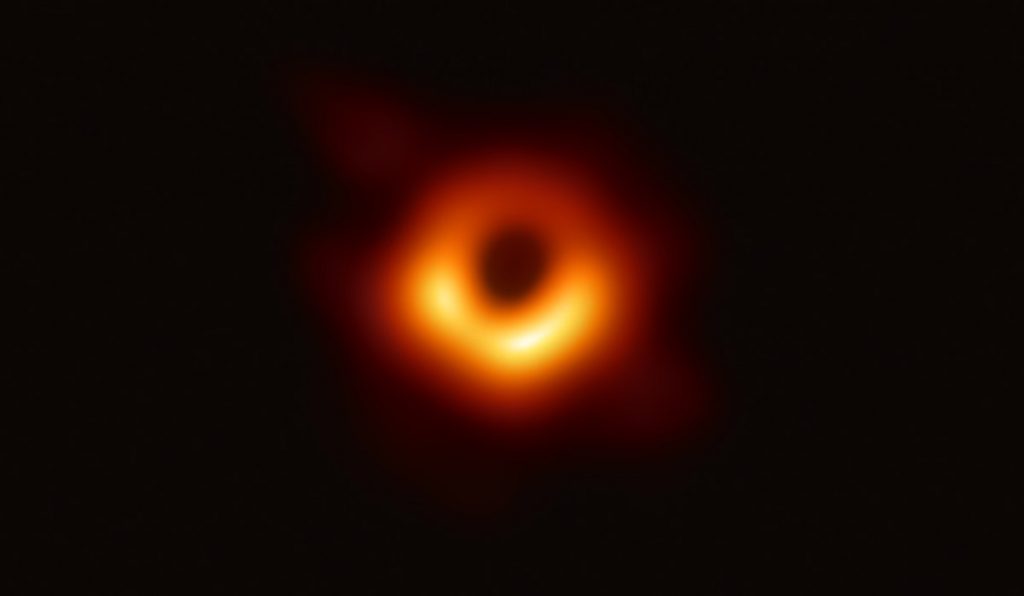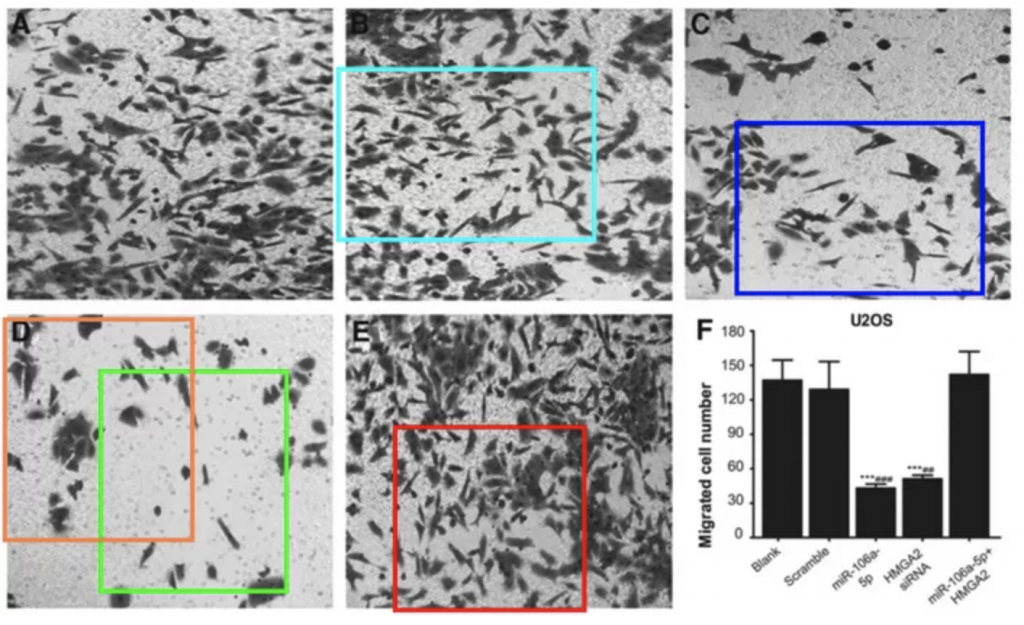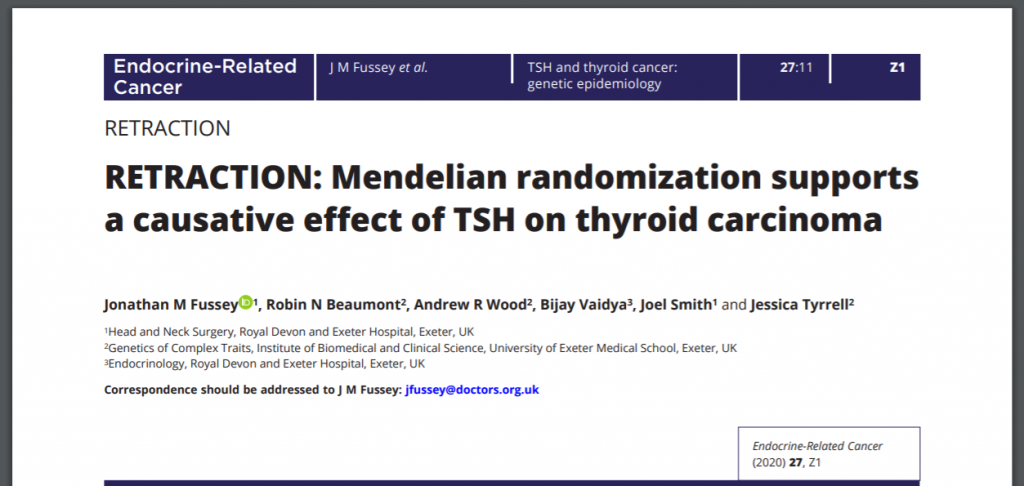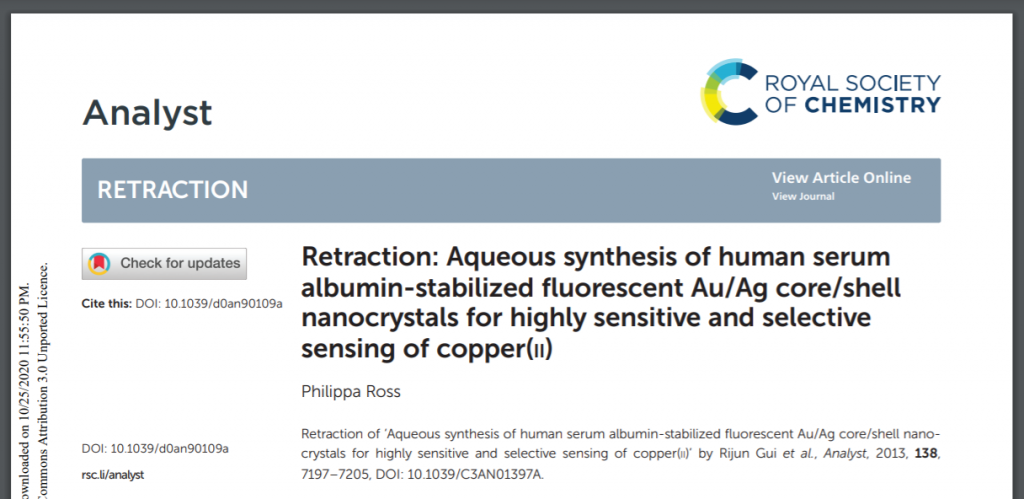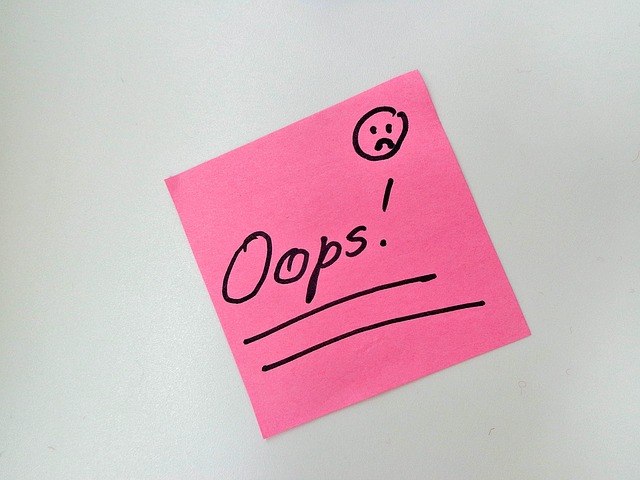
So much for author instructions.
Researchers who’d submitted a paper to Social Science & Medicine on smoking in public places briefly lost their article after the journal had some confusion about an embargo they’d requested.
The article, “Neighbourhood greenspace and smoking prevalence: Results from a nationally representative survey in England,” has since been republished in the journal, an Elsevier title. So harm, no foul. But the initial appearance of the paper online earlier this fall surprised senior author Benedict Wheeler, of the University of Exeter Medical School:
Continue reading Journal drops the ball as it tries to juggle an embargo request and Elsevier’s temporary removal policy
